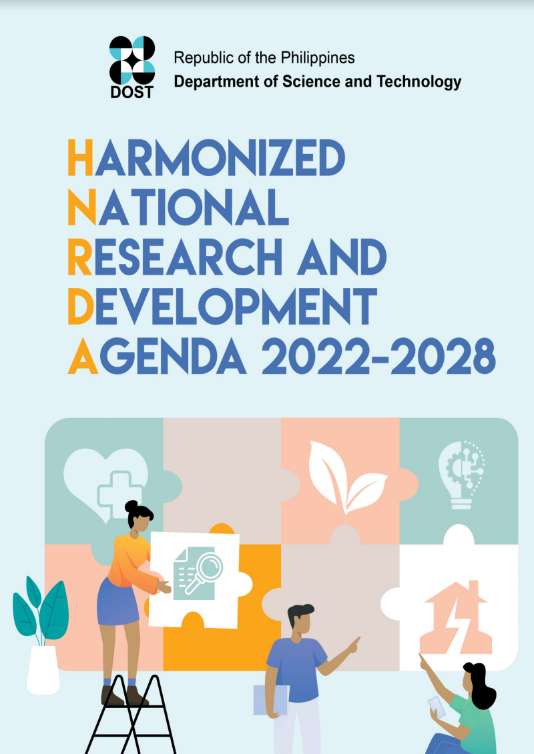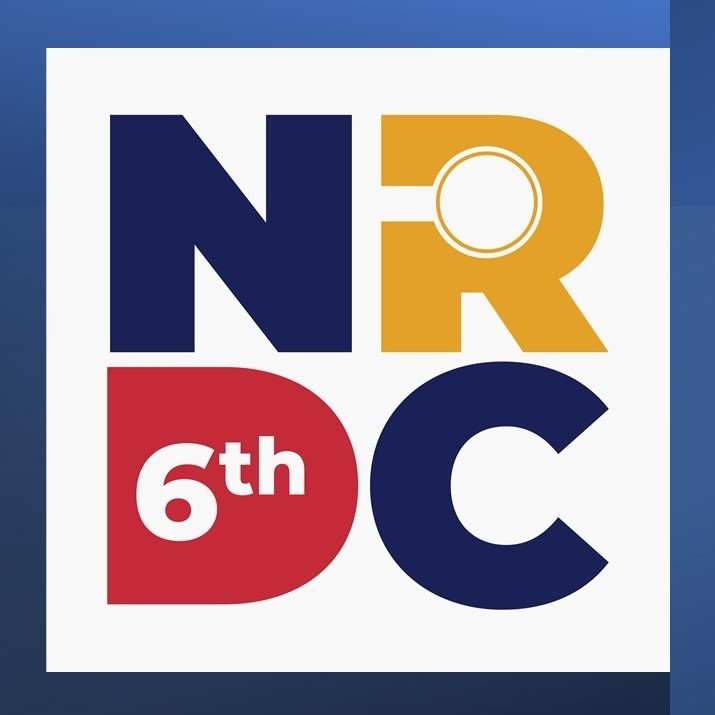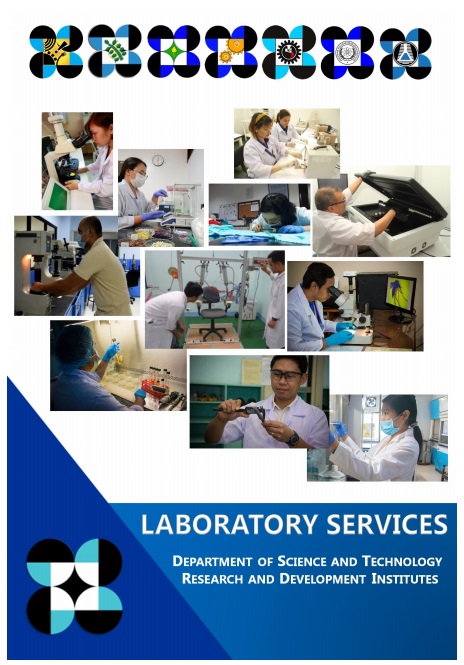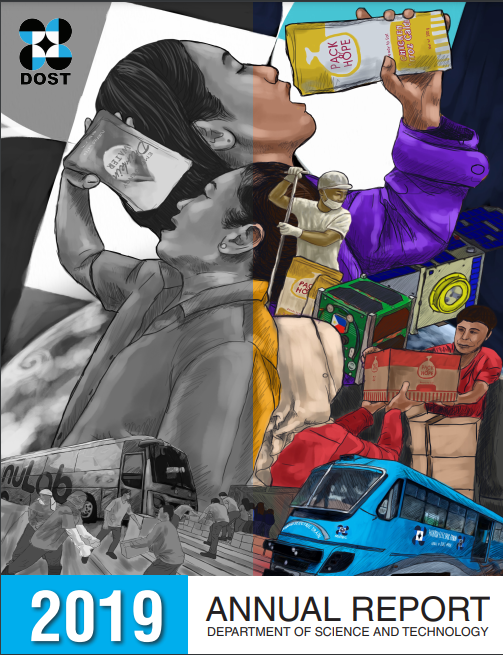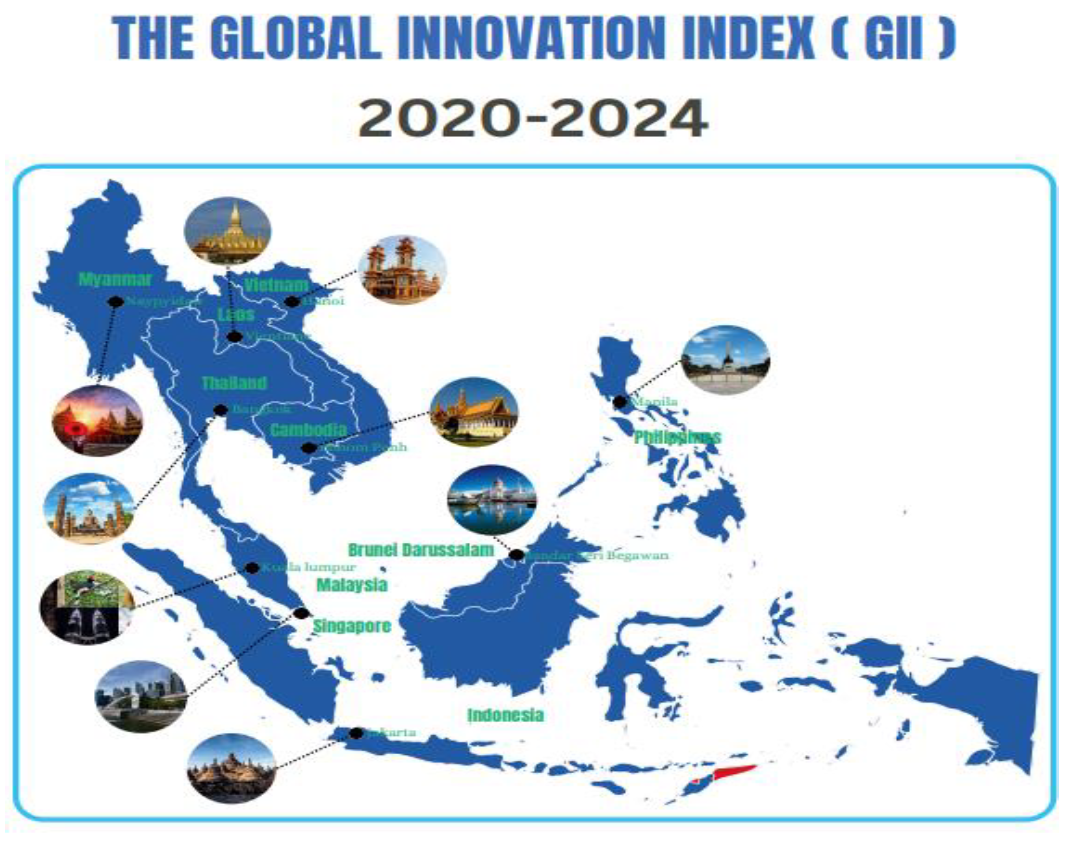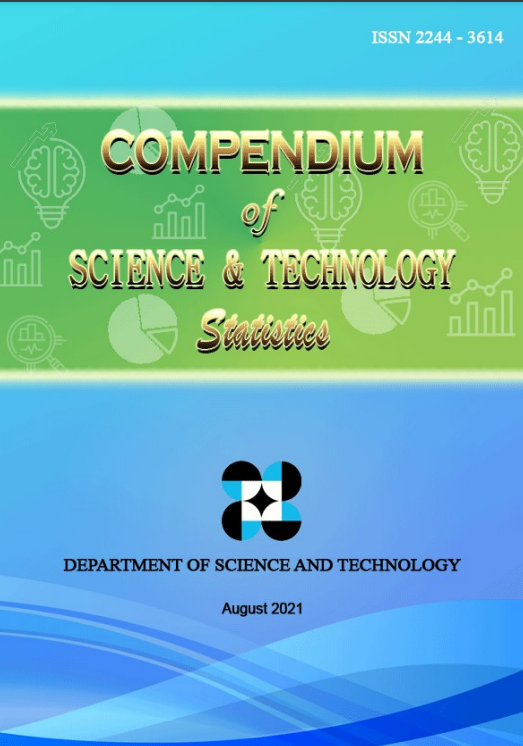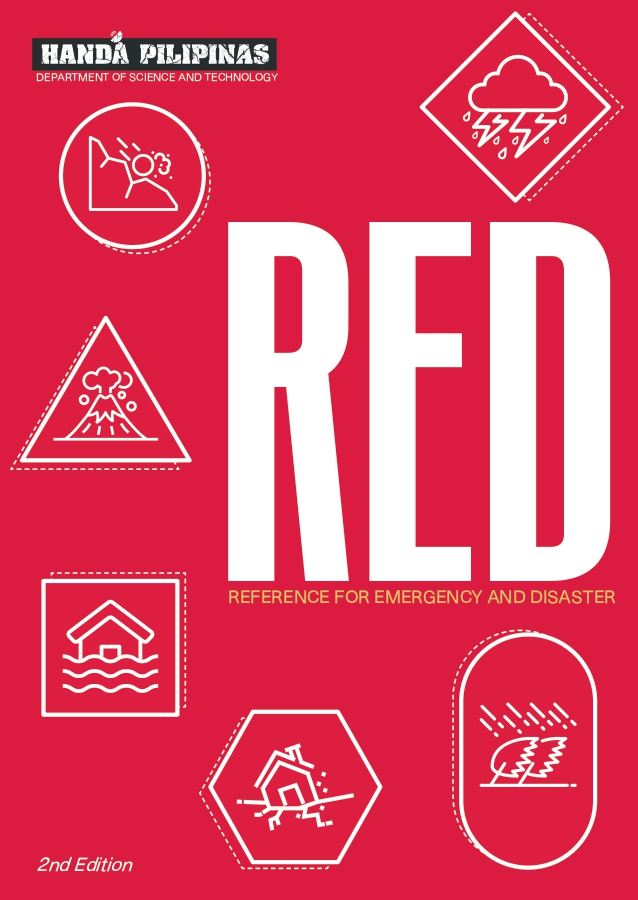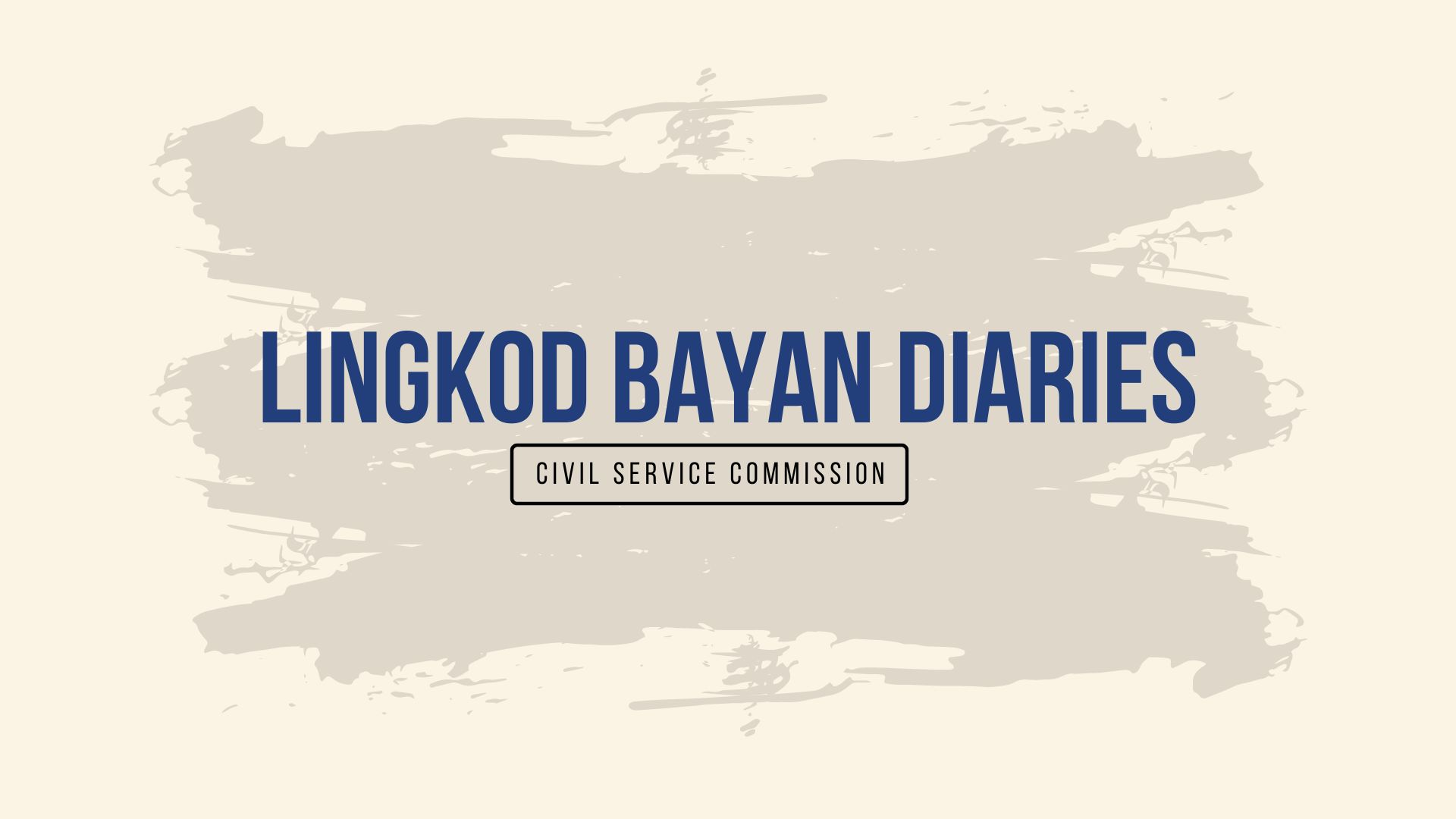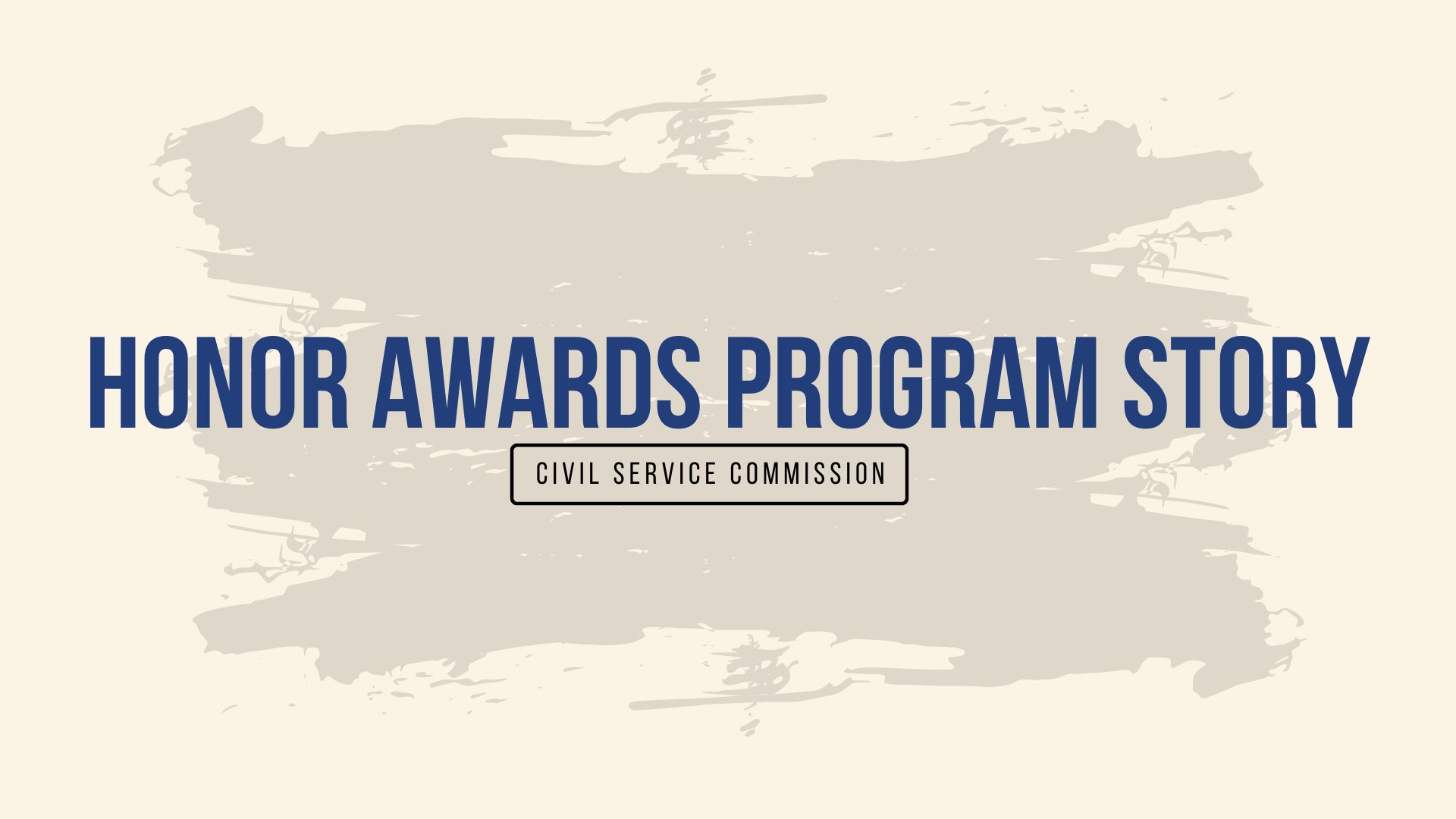DOST Strengthens R&D Capabilities with IBM Supercomputer - IBM’s Blue Gene to enable improved weather prediction
- Details
- Hits: 30121
Mandaluyong City, Philippines - 16 May 2013: The Department of Science and Technology (DOST), the University of the Philippines (UP) and IBM announced today, that the world-renowned IBM Blue Gene supercomputer has been chosen to support the Philippine government’s priority R&D projects focused on reducing poverty, improving government processes and tools and enabling smarter weather management, as based on the National Economic Development Authority’s Medium Term Development Plan. A priority initiative around weather prediction will be the pilot project to use the IBM Blue Gene supercomputer as its platform.
A milestone among government-private-academe endeavors, the supercomputer soon to arrive in the country will provide high performance computing capabilities to help develop practical solutions to address the country’s basic problems. The IBM Blue Gene supercomputer is set to be the platform for select R&D projects that are aligned with the country’s strategic growth initiative to advance poverty alleviation; transparency in the government; rapid, inclusive and sustained economic growth; peace and order and environment and climate change mitigation.
“This is a direct result from the agreement between the DOST and IBM in May 2012, to jointly build a Philippine Systems and Technology R&D Lab to help accelerate national economic growth,” said Mariels Almeda Winhoffer, President and Country General Manager, IBM Philippines. “It is IBM’s response to President Aquino’s call for help to support research and development projects to enable transformation and progress in the country. The IBM Blue Gene supercomputer is our concrete contribution to advance R&D initiatives in the country.”
A priority R&D project, the DOST and IBM will collaborate on how the supercomputer can complement DOST’s Nationwide Operational Assessment of Hazards or Project NOAH, the government’s flagship program and integrated information system for disaster mitigation and climate change. The IBM supercomputer will enable local scientists to process and gain insights from the massive data collected, to produce faster, more accurate forecasts and improve localized weather prediction for the country. Prone to natural disasters, the country will benefit greatly once this projected is completed, as citizens and various government agencies can better prepare and plan what to do and what emergency response programs to activate, if and when a weather-related disaster occurs.
“The IBM Blue Gene supercomputer will be most applicable to DOST’s major programs such as NOAH and Smart Agriculture, “said DOST Secretary Mario G. Montejo. “First we will work toward Blue Gene’s integration to Project NOAH to provide more advanced seven-day local weather forecasts. We can also use it to run various weather models and validate the accuracy of results almost real-time.”
“Smart Agriculture, the newest flagship program of the DOST, will also gain from our newest supercomputing capability in modeling climate change scenarios, building database for agricultural land use, and computing for monthly irrigation requirements per province,” Sec. Montejo added.
Other possible projects to be aided by the IBM Blue Gene supercomputer include flood management and genomics.
The announcement was one of the many highlights of the 2013 IBM Technology Conference and Expo, wherein IBM showcased new Smarter Computing solutions which forms the foundation of a smarter IT infrastructure that powers a Smarter Planet. Smarter Computing is an approach that leverages cloud technology to speed time to market and improve efficiency; that unlocks the power of data to deliver more actionable insight; and that secures critical information to reduce risk and enhance compliance to enable organizations to transform, innovate and grow their businesses.
About IBM
Since establishing its presence in the Philippines in 1937, IBM has evolved to become the leading information technology partner in the country, providing hardware, software, and IT-enabled business services to domestic and global markets. IBM in the Philippines has grown exponentially in terms of business portfolio, talent growth and geographic reach.
For more information about IBM in the Philippines, please visit http://www.ibm.com/ph
About DOST
The Department of Science and Technology (DOST) is the premiere science and technology body in the country charged with the twin mandate of providing central direction, leadership and coordination of all scientific and technological activities, and of formulating policies, programs and projects to support national development.
For more information about the DOST, please visit http://www.dost.gov.ph
About Project NOAH
Project NOAH is the Department of Science and Technology’s (DOST) response to the call of President Benigno S. Aquino III for a more accurate, integrated, and responsive disaster prevention and mitigation system throughout the Philippines. The program harnesses technologies and disaster management services offered by DOST agencies Philippine Atmospheric, Geophysical and Astronomical Services Administration, Philippine Institute of Volcanology and Seismology, and the Advanced Science and Technology Institute. The program runs in partnership with the UP National Institute of Geological Sciences (NIGS) and the UP College of Engineering.
NOAH’s interactive website can be accessed at http://noah.dost.gov.ph
DOST VI now accepting entries to regional invention tilt
- Details
- Hits: 3048
The Department of Science and Technology Regional Office VI is now accepting local inventions and research entries for the coming 2013 Regional Invention Contest and Exhibits (RICE) to be held September 2-6, 2013.
The RICE is a biennial invention contest for students and professional inventors that puts the spotlight on various home grown talents in the field of science research and inventions. The event is organized by DOST Regional Offices in cooperation with the Technology Application and Promotion Institute.
The 2013 RICE Region VI leg will be held in Iloilo City and is expected to bring many invention enthusiasts to show their wares and compete for the honor of being the region’s best in their respective categories.
This initiative supports the development of science research and inventions from the grassroots to help produce a very competitive pool of inventors and researchers who are capable of developing practical applications that spur national economic development.
The invention contest will feature categories on Creative Research (Likha Award), Student Creative Research for High School (Sibol Award), and Student Creative Research for College (Sibol Award).
Winners in the Iloilo leg of the 2013 RICE will advance to represent the region during the national invention contest next year.
Just last year, Ydsan France Dungon of Negros Occidental National Science High School bagged the Sibol Award for High School with his research “Manually Operated Extruder Machine: Prototype in Making Leaf Briquettes”. He also placed second during the National Inventions Contests and Exhibits.
Meanwhile, DOST Secretary Mario Montejo urges more students to participate and develop smarter science research and inventions that spur economic development and improve the quality of life in the country.
Farmers in developing countries yield more biotech crops in 2012
- Details
- Hits: 4858
Developing countries in 2012 marked a biotechnology milestone in global agricultural history when farmers in said countries, including the Philippines, produced more biotech crops than their counterparts from highly developed and more technologically advanced nations.
Dr. Randy A. Hautea, global coordinator and Southeast Asia Center director of the International Service for the Acquisition of Agri-biotech Applications (ISAAA), announced this amazing news during the international conference on the “Adoption of Biotech Crops in the Developing World” held recently at the Hyatt Hotel Manila. The conference was co-organized by the National Academy of Science and Technology, an advisory body of the Department of Science and Technology (DOST-NAST).
Dr. Hautea termed the milestone development as a “crossover” from economically developed nations to the developing world, allowing farmers in Asia and other less developed nations to reap the benefits of biotech crop cultivation: less use of pesticides, safer farming practices, reduced costs, better crop yield, and higher income, with more extra time spent for other activities.
Biotechnology is the process of creating or modifying a product or process through the use of living systems, organisms, or their derivatives, to render the product or process more useful for medical, agricultural, and nutritional applications, among others.
“The potential of biotechnology to increase agricultural productivity is one of the reasons why we at the DOST believe it is a cause worth pursuing,” said DOST Secretary Mario G. Montejo, corroborating the gains offered by biotechnology. Moreover, the DOST supports a science-based method of evaluating both the benefits and risks of GM crops, he clarified.
The conference mainly presented key findings of the research project by the Southeast Asian Regional Center for Graduate Study and Research in Agriculture (SEARCA) titled “Adoption and Uptake Pathways of GM/Biotech Crops by Small-scale Resource Poor Asian Farmers in China, India, and the Philippines.”
China and India have been identified as frontrunners in the biotech crop arena in Asia. In fact, 98 percent of biotech crop adopters, or those who have embraced biotechnology in farming, in the developing regions, are from China, India, and the Philippines. Globally, there are 17.8 million farmers from 28 countries who are into biotech crop cultivation. Of this number, 85 percent are from the three countries, with China and India having 7.2 million biotech crop farmers each and the Philippines accounting for .375 million.
Biotechnology: Philippine scenario
According to the study, biotechnology in agriculture reached farming communities in the Philippines by way of seed suppliers and seed company technicians who introduced local farmers to the mechanics and benefits of biotech crop farming.
Now, the Philippines has a total of 370,000 small farmers growing more than 750,000 hectares of genetically modified corn called the Bacillus thuringiensis or Bt corn. The first Asian country to approve a Bt crop for commercial cultivation as both food and feed, the Philipines is also the first ASEAN nation to initiate a regulatory system for biotechnology via the National Committee on Biosafety of the Philippines established in 1990.
As the Philippines’ central hub for science and technology (S&T), DOST fully supports biotechnology-driven projects, systems, and infrastructure in the country. Last January 2013, Dr. Amelia P. Guevara, DOST undersecretary for research and development, led the inauguration of a biotech pilot plant at the University of the Philippines Los Baños Complex in Laguna—the only biotech facility to cater to researchers, members of the academe, as well as start-up entrepreneurs. The project is funded by the Philippine Council for Industry, Energy, and Emerging Technology Research and Development, a DOST sectoral council.
Bt cotton in India, China
Seed companies likewise played a key role in introducing Bt cotton technology in China during the late 1990s. The Institute of Cotton Research under the Chinese Academy of Agricultural Sciences boosted their efforts by educating local workers and agricultural traders to introduce Bt cotton to the farmers. In 2012, 7.2 million farmers in the country planted 4 million hectares of Bt cotton.
In India, large-scale farm demonstrations helped propagate the technology and popularity of Bt cotton. Last year, farmers in India planted 10.8 million hectares of Bt cotton.
The said conference aimed to help formulate policy recommendations on biotechnology including biosafety regulatory systems. Among the attendees were scientists, researchers, farmers and other workers from the agricultural sector, policymakers, and members of the media. DOST-NAST co-organized the international conference with the John Templeton Foundation, ISAAA, SEARCA, and the Agricultural Biotechnology Support Project II.
DOST-TRC offers cool summer business ideas via seminars
- Details
- Hits: 13160
This summer, get a taste of refreshing business ideas that can be profitable all year round at the Department of Science and Technology’s Technology Resource Center (DOST-TRC) with its training courses for aspiring entrepreneurs.
With the summer vacation now on its final stretch this May, it isn’t too late to put up a small business perfect for beating the heat.
One such business is ice cream production. For a minimal training fee, one can enroll in TRC’s two-day training on commercial ice cream production to learn about the basic technology, material and equipment requirements, product formulation, and costing. Trainees will also get the chance to have a hands-on experience in ice cream making and a field trip to an ice cream plant.
One can also opt to put up a buko juice/shake kiosk TRC’s two-day training includes lectures on plain and flavored buko juice product formulation, processing guidelines, sanitation procedures, packaging and cost requirements. As in the ice cream production training seminar, enrollees will similarly have a hands-on experience in the preparation of buko shake/juice.
TRC also offers livelihood trainings for other business enterprises perfect for the whole year . These include food business, services, agriculture and other small-scale industries that cater to the varied interests of aspiring entrepreneurs.
Providing affordable livelihood trainings is just one of TRC’s ways of creating opportunities for the public. “We expect to create not just more livelihood opportunities for more individuals; we also look forward to developing better and more relevant programs, efficiently and with higher success rate,” says Dennis Cunanan, TRC director general.
The TRC office is located at Jacinta Bldg. 2, Guadalupe Nuevo, EDSA, Makati City. For more details on the schedule and fees please contact 8225087, or visit trc.dost.gov.ph or like its facebook page at https://www.facebook.com/trc.dost. ###













